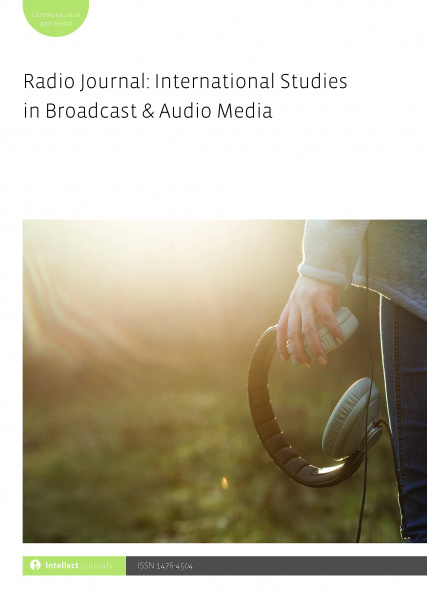
Full text loading...

The voices of minority ethnic staff working in radio are very rarely heard. In fact, the UK radio industry has been singled out, by the government approved regulatory body, as continuing to fail to reflect the diversity of British communities – both on-air and in terms of employment. This article illustrates the perspectives of minority ethnic workers employed at the BBC on the Asian Network, a specialist ethnic radio station, and examines how they craft programme and news content for a distinctive audience. Through in-depth interviews with 30 BBC employees, there is look at the challenges, conflict and barriers this group of staff face. The interviews expose a difference of opinion among staff over the core target audience and the version of Asian identity articulated on-air and demonstrate that a rigid gatekeeping system restricts the dissemination of news content about all the communities that comprise the group British Asian.

Article metrics loading...

Full text loading...
References


Publication Date:
https://doi.org/10.1386/rjao_00019_1 Published content will be available immediately after check-out or when it is released in case of a pre-order. Please make sure to be logged in to see all available purchase options.